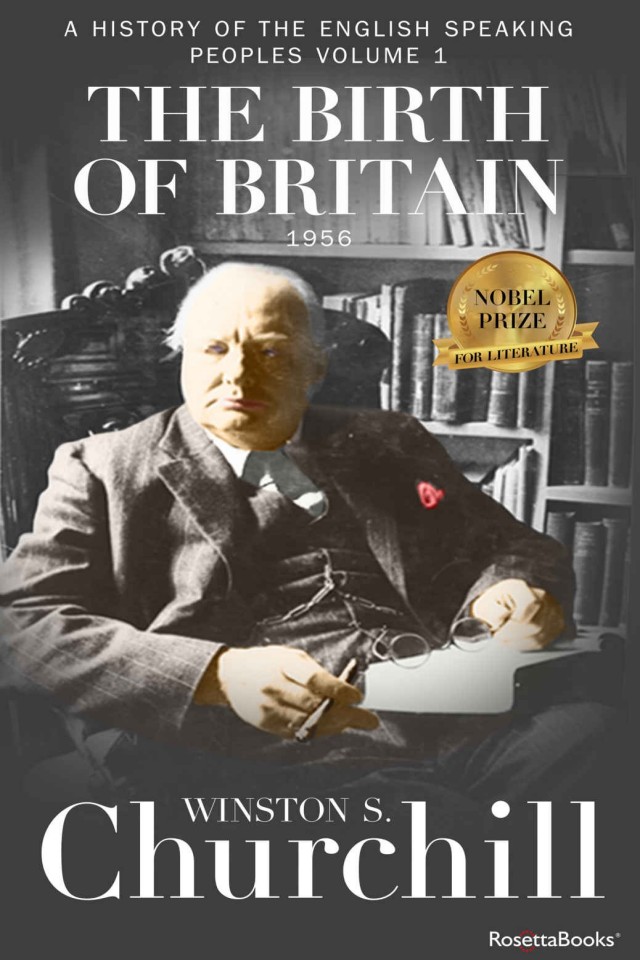

Most ebook files are in PDF format, so you can easily read them using various software such as Foxit Reader or directly on the Google Chrome browser.
Some ebook files are released by publishers in other formats such as .awz, .mobi, .epub, .fb2, etc. You may need to install specific software to read these formats on mobile/PC, such as Calibre.
Please read the tutorial at this link: https://ebookbell.com/faq
We offer FREE conversion to the popular formats you request; however, this may take some time. Therefore, right after payment, please email us, and we will try to provide the service as quickly as possible.
For some exceptional file formats or broken links (if any), please refrain from opening any disputes. Instead, email us first, and we will try to assist within a maximum of 6 hours.
EbookBell Team

5.0
18 reviewsThe first volume of the Nobel Prize–winning prime minister’s breathtaking history of Britain explores the birth of a great nation and world power.
In the “wilderness” years after Winston S. Churchill unflinchingly guided his country through World War II, he turned his masterful hand to an exhaustive history of the country he loved above all else. And the world discovered that this brilliant military strategist was an equally brilliant storyteller. In 1953, the great man was awarded the Nobel Prize for Literature for “his mastery of historical and biographical description as well as for brilliant oratory in defending exalted human values.”
In this first of four volumes exploring the history of the United Kingdom, The Birth of Britain begins with Caesar’s invasion in 55 BC, and continues through the establishment of the constitutional monarchy, the parliamentary system, and the people who played lead roles in creating democracy in England. The History of the English-Speaking Peoples series remains one of the most compelling and vivid collections of history ever written.
“This history will endure; not only because Sir Winston has written it, but also because of its own inherent virtues―its narrative power, its fine judgment of war and politics, of soldiers and statesmen, and even more because it reflects a tradition of what Englishmen in the hey-day of their empire thought and felt about their country’s past.” — The Daily Telegraph